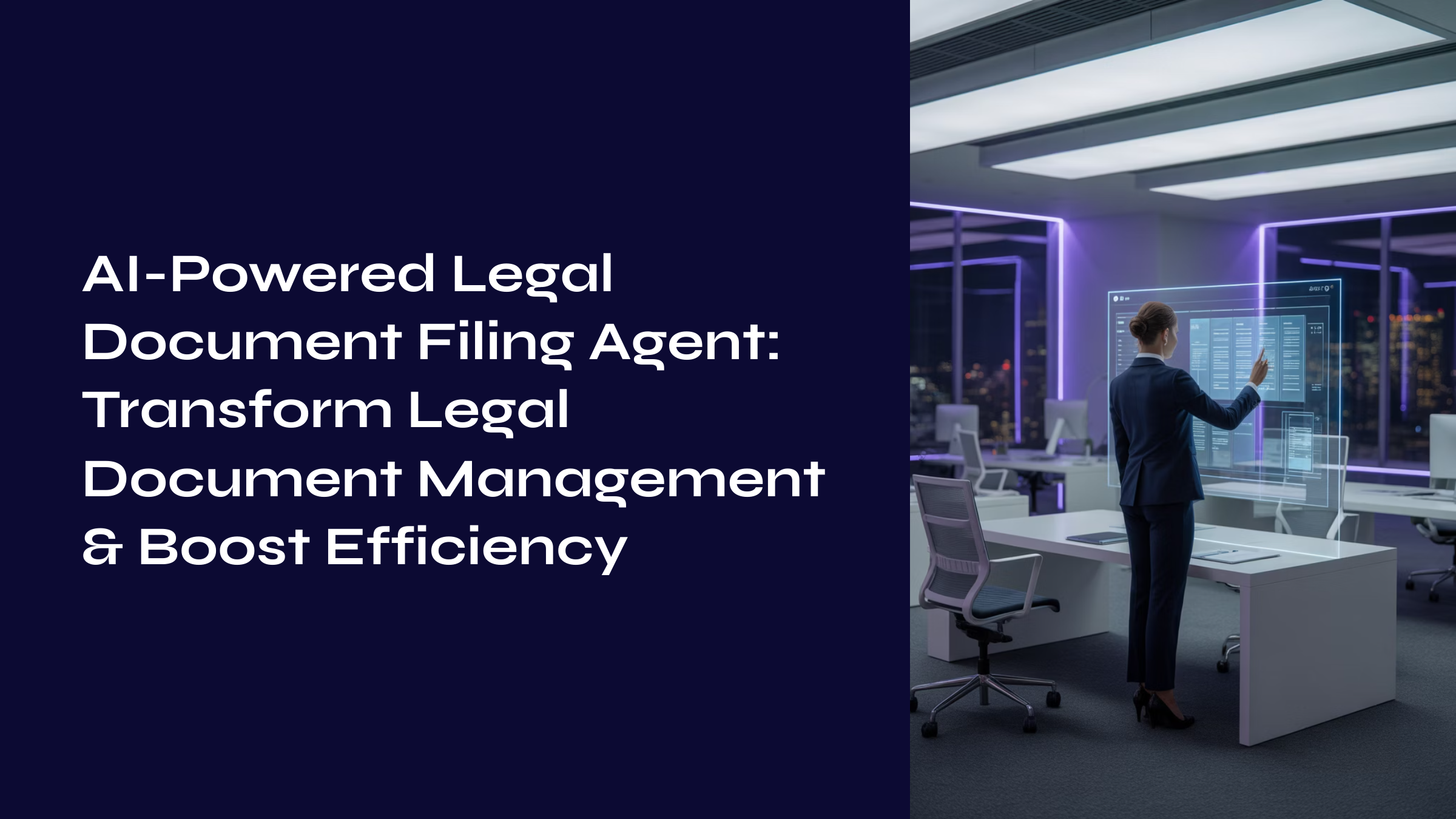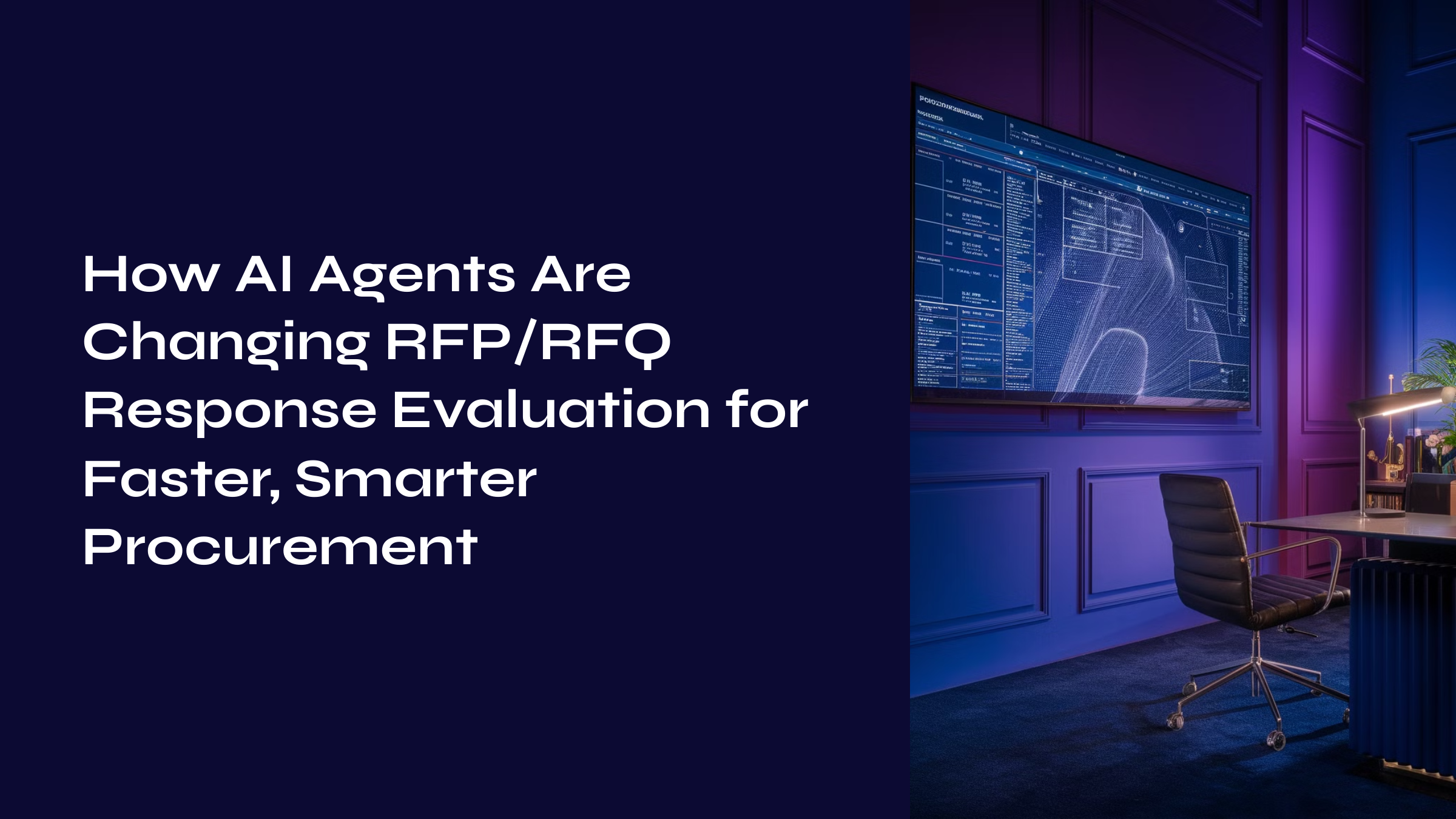The insurance industry is navigating a complex landscape of challenges, prompting many insurers to explore Generative AI as a solution. From evolving customer expectations to rising operational costs and stringent regulatory pressures, generative AI is emerging as a transformative force. This article explores the key challenges pushing the industry towards generative AI and how this technology is poised to reshape the future of insurance.
The Market Opportunity
The global generative AI in Insurance market was valued at USD 462.11 million in 2022 and is projected to reach approximately USD 8,099.97 million by 2032. This represents a remarkable compound annual growth rate (CAGR) of 33.11% from 2023 to 2032. This substantial growth underscores the increasing adoption of generative AI solutions in the industry, driven by the need to address operational challenges and capitalize on new opportunities.
Key Challenges Driving the Adoption of Generative AI

1. Operational Inefficiencies
Challenge: Operational inefficiencies remain a major hurdle for insurers. Traditional processes, including underwriting, claims processing, and policy management, are often slow and error-prone. A McKinsey report indicates that insurers could reduce operational costs by up to 40% through automation and AI.
Generative AI’s Solution: Generative AI can streamline and automate these processes, reducing manual errors and accelerating decision-making. By implementing AI-driven tools for tasks such as document summarization and claims assessment, insurers can enhance efficiency, lower costs, and improve service delivery.
2. Rising Customer Expectations
Challenge: Today’s customers demand fast, personalized, and seamless experiences. Salesforce research shows that 84% of customers value the experience a company provides as much as its products or services.
Generative AI’s Solution: Generative AI enables insurers to deliver highly personalized services by analyzing customer data and predicting individual needs. AI-powered virtual assistants can handle customer inquiries, offer tailored policy recommendations, and assist with claims, greatly improving the customer experience and fostering loyalty.
3. Regulatory Compliance and Risk Management
Challenge: Insurers face rigorous regulatory requirements and an increasing need for effective risk management. The financial sector, including insurance, incurred over $10 billion in regulatory fines in 2023 alone.
Generative AI’s Solution: Generative AI helps insurers stay compliant by automating the monitoring of regulatory changes and ensuring adherence to standards. AI tools can also identify and mitigate risks, such as fraud and data breaches, in real-time, thus enhancing risk management and compliance efforts.
4. Innovation and Product Development
Challenge: The fast-paced market requires continuous innovation and the development of new products to address emerging risks and customer needs. Traditional methods may struggle to keep up with these demands.
Generative AI’s Solution: Generative AI excels at analyzing large datasets to uncover trends and predict future risks. By synthesizing information from diverse sources, AI enables insurers to create innovative products and services that address current and future customer needs. Reports indicate that 67% of insurance CEOs see AI as a significant driver of product development in the next five years.
The Technology Expertise Needed to Solve These Challenges

To effectively address the challenges facing the insurance industry and leverage the power of generative AI, insurers need to develop and acquire expertise in several key technology areas. These areas are critical for successfully implementing AI-driven solutions and ensuring that the technology delivers on its promises.
Artificial Intelligence and Machine Learning
Expertise Needed:
- Understanding of AI/ML algorithms and models, particularly generative AI models like GPT-3.5 and GPT-4.
- Knowledge of how to train, fine-tune, and deploy AI models in production environments.
- Experience in integrating AI with existing insurance systems and processes.
How It Helps:
- AI and ML are at the core of generative AI technology. Expertise in these areas is essential for creating models that can automate underwriting, claims processing, and other critical insurance functions. Additionally, AI experts can help insurers develop predictive models to anticipate customer needs and risks, driving product innovation.
Natural Language Processing (NLP)
Expertise Needed:
- Proficiency in NLP techniques to analyze and generate human language content.
- Skills in building and refining language models that can process and understand unstructured data, such as policy documents, customer inquiries, and claims notes.
How It Helps:
- NLP expertise is crucial for developing AI tools that can interact with customers in natural language, summarize documents, and automate communication processes. This technology is key to improving customer service and operational efficiency by enabling AI systems to comprehend and generate human-like responses.
Data Science and Analytics
Expertise Needed:
- Advanced skills in data analysis, statistical modeling, and data visualization.
- Experience in managing and processing large datasets, including structured and unstructured data.
- Proficiency in using data analytics tools and platforms (e.g., Python, R, SAS, SQL).
How It Helps:
- Data science expertise is essential for deriving actionable insights from the vast amounts of data insurers collect. This knowledge enables the development of data-driven strategies for risk assessment, customer segmentation, and product development, all of which are vital for maintaining a competitive edge in the market.
Cloud Computing and Infrastructure
Expertise Needed:
- Understanding of cloud platforms (e.g., AWS, Azure, Google Cloud) and how to deploy AI models on them.
- Skills in cloud architecture, including data storage, computing power, and security.
- Experience in scalable infrastructure management to support AI workloads.
How It Helps:
- Cloud computing provides the necessary infrastructure to run AI models at scale. Insurers need expertise in cloud technologies to ensure their AI solutions are scalable, secure, and capable of handling large volumes of data. Cloud infrastructure also supports collaboration between AI, IT, and business teams across different locations.
Cybersecurity
Expertise Needed:
- Proficiency in cybersecurity best practices, including data protection, encryption, and secure software development.
- Understanding of regulatory requirements related to data security and privacy in the insurance industry.
- Experience in implementing security measures for AI systems to protect against data breaches and cyber threats.
How It Helps:
- As insurers integrate AI into their operations, protecting sensitive customer data and ensuring the security of AI models becomes paramount. Cybersecurity expertise is needed to mitigate risks associated with AI, such as data breaches, fraud, and compliance violations, thereby maintaining trust with customers and regulators.
Regulatory and Compliance Expertise
Expertise Needed:
- Knowledge of the insurance industry’s regulatory landscape, including GDPR, HIPAA, and other data protection laws.
- Skills in implementing AI solutions that comply with these regulations.
- Ability to monitor and adapt to regulatory changes that impact AI usage in insurance.
How It Helps:
- Compliance with regulatory standards is critical for avoiding legal issues and maintaining industry credibility. Experts in this area ensure that AI applications adhere to all relevant laws and regulations, reducing the risk of penalties and enhancing the insurer’s reputation.
AI Ethics and Responsible AI

Expertise Needed:
- Understanding of ethical considerations in AI development, such as bias, transparency, and fairness.
- Skills in designing and implementing AI systems that prioritize ethical decision-making and include human oversight.
- Experience in developing AI governance frameworks that align with industry standards and best practices.
How It Helps:
- As AI systems become more integral to insurance operations, it’s important to ensure they operate ethically and fairly. Expertise in responsible AI practices helps insurers avoid issues related to bias, discrimination, and unethical decision-making, thereby fostering trust and ensuring the long-term success of AI initiatives.
How advansappz Can Support You on Your Generative AI Journey
advansappz is at the forefront of generative AI services, offering tailored solutions to help insurers overcome these challenges. Our expertise spans AI and machine learning, NLP, data science, cloud computing, cybersecurity, and AI ethics. We work closely with insurers to implement AI solutions that enhance operational efficiency, improve customer experiences, and drive product innovation.
Ready to Transform Your Insurance Operations with Generative AI? Contact us today to discover how our generative AI services can help you address your challenges and lead the industry into the future.
Frequently Asked Questions (FAQs)
- What is generative AI, and how can it benefit my insurance business?
Generative AI uses advanced algorithms to create new content or solutions based on existing data, automating tasks, enhancing customer service, and driving innovation. - How does generative AI improve operational efficiency in insurance?
It automates processes like underwriting and claims processing, reduces errors, speeds up decision-making, and cuts operational costs. - Is generative AI secure, and how does it comply with industry regulations?
When implemented with strong cybersecurity measures, generative AI is secure and complies with regulations, helping insurers manage risks and maintain compliance. - Can generative AI be integrated with my existing insurance systems?
Yes, advansappz specializes in integrating AI with existing systems to ensure seamless operation and enhanced functionality. - What kind of expertise is needed to implement generative AI in insurance?
Expertise in AI/ML, NLP, data science, cloud computing, cybersecurity, and AI ethics is crucial for successful AI implementation. advansappz provides the necessary skills and support to achieve this.
















